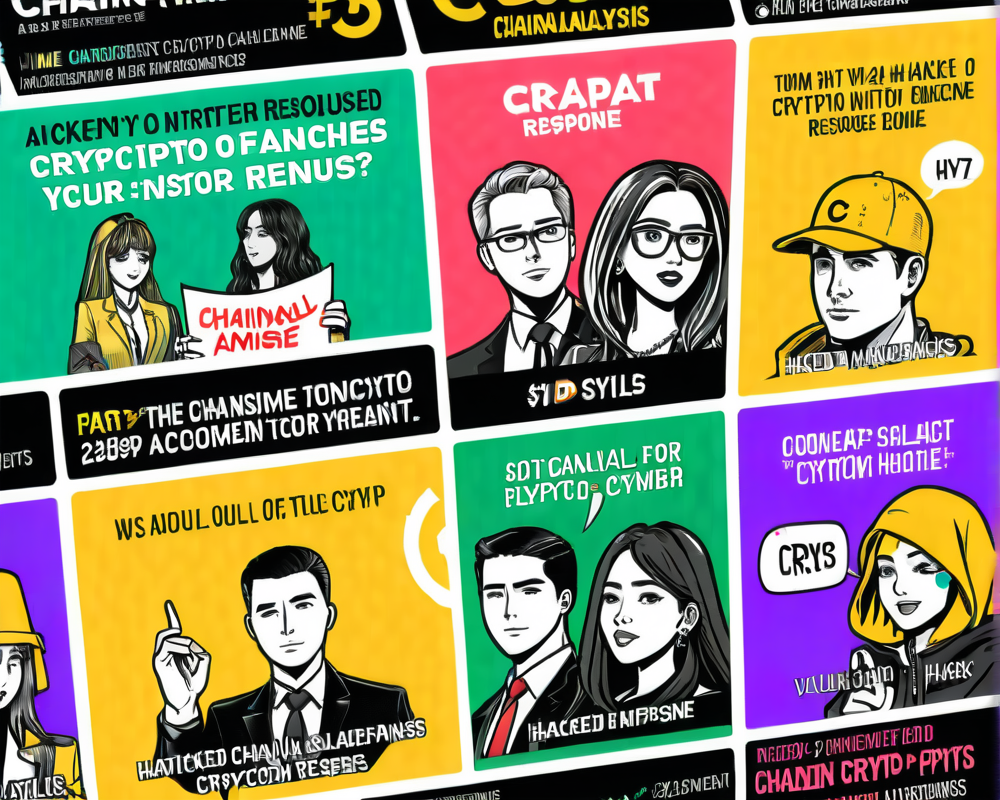Decentralized Insurance and the Pickle Finance Incident
In a remarkable moment for the burgeoning world of decentralized insurance, a significant claim has emerged from the recent $19 million Dai hack involving Pickle Finance. This incident not only highlights the vulnerabilities of DeFi protocols but also serves as a litmus test for the response mechanism of the decentralized insurance space.
The Vote to Payout: A Community Decision
The claim was officially submitted to the DeFi insurance protocol Cover on November 21, where it sparked an enthusiastic response from the community. At the time of writing, about 99 votes had come in, with a staggering 99% supporting the decision to compensate affected users.
“Should the vote pass, the claim will move to the Claim Validity Committee to determine its validity for payout.” – Ivan Martinez
Understanding the Payout Process
Cream of the crop, this claim is one of the first examples exploring how decentralized insurance can offer a safety net. Alan, a core developer with Cover, has clarified that if approved, each PICKLE CLAIM token will allow redemption for 1 DAI. However, this payout wouldn’t cover the total loss, adding a layer of complexity to user expectations.
A Bit of Arbitrage, Anyone?
With over 340,000 outstanding Pickle CLAIM tokens currently trading on secondary markets at approximately $0.90, an arbitrage opportunity arises for savvy traders anticipating the outcome of the proposal. Timing will be crucial here, as the voting process wraps up on November 23 at 11:59 AM EST.
Community Reactions: Praise and Skepticism
The blockchain community is abuzz with supportive yet cautious dialogue regarding Cover’s decision-making process. Even though social media sentiment leans toward favoring a payout, there’s a palpable sense of skepticism. This skepticism mainly stems from the nature of the attack—which deviated from typical flash loan exploit tactics—leading some to argue it bears the hallmarks of a potential exit scam.
Cover’s Guidelines in Focus
Cover has a well-defined guideline for payouts, explicitly considering attacks on smart contracts and the associated material loss of funds. They define exploitable situations where assets are either transferred to unauthorized addresses or rendered unrecoverable.
Implications for the DeFi Ecosystem
The ultimate verdict from Cover will undoubtedly echo throughout the DeFi landscape, especially as hackers continue to exploit weaknesses across several protocols this year, resulting in extensive financial losses. In this climate, the emergence of strong insurance protocols like Cover offers a glimpse of hope, allowing users to explore pioneering financial products with a safety net against exploit risks.
A Look Ahead
Cover’s expanding role in the decentralized insurance framework is vital for establishing trust within the space. As Alan aptly puts it:
“DeFi coverage is essential for mass adoption… Our job is to allow users to experiment with game-changing protocols while also hedging against exploit risk.”




